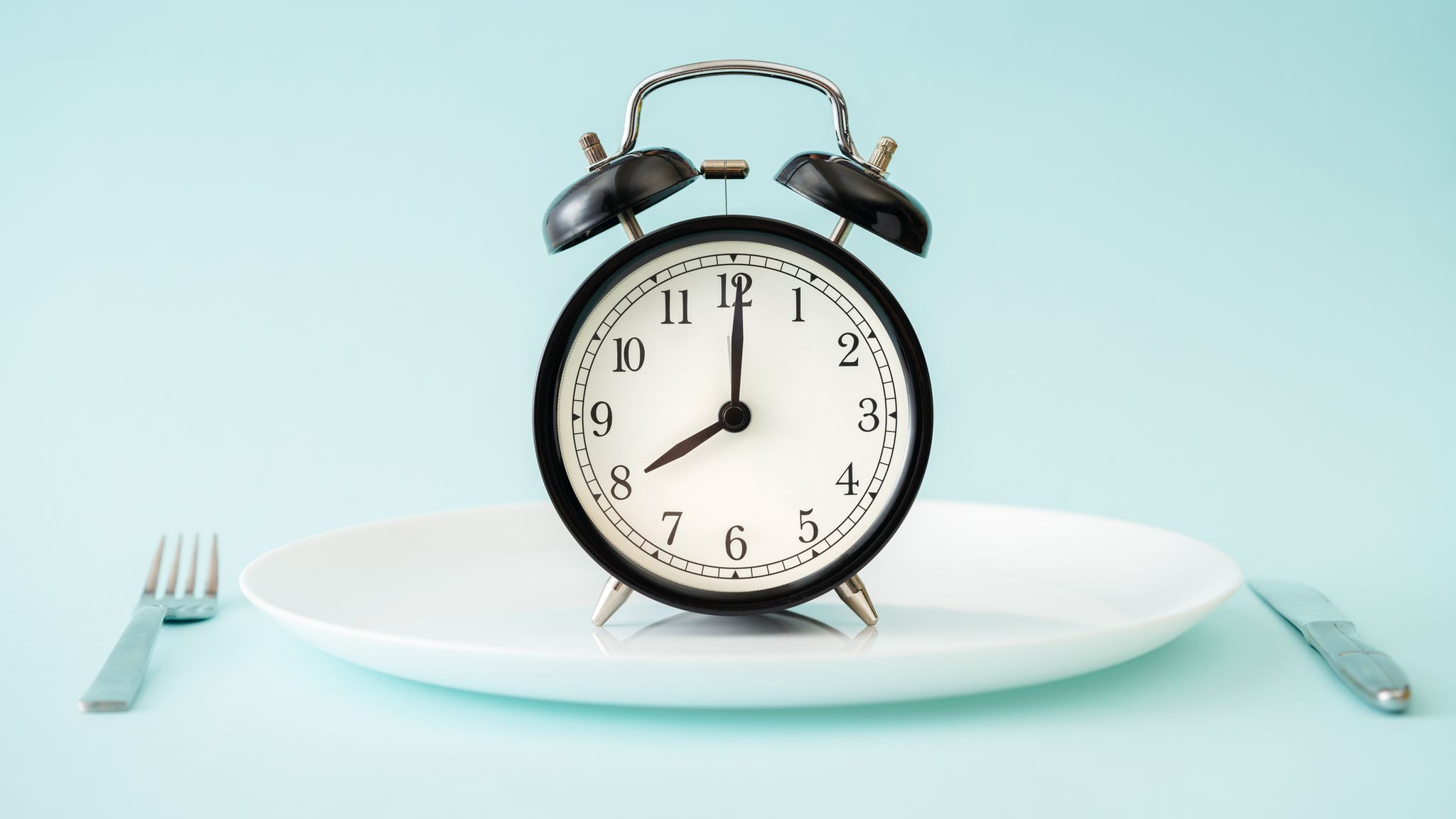| Posted on | food-cooking
Which are the healthy foods to eat while fasting?
| Posted on
Intermittent fasting is a popular eating pattern that involves restricting food intake to specific time windows. While fasting, it's essential to maintain a healthy diet during the eating periods to maximize the benefits of this approach. Discover a selection of top-notch nourishments ideal for your intermittent fasting journey.
1. Whole grains: Whole grains are an excellent source of fiber, which can help you feel fuller longer and support a healthy weight. Some healthy whole grains to include in your diet are organic oatmeal, organic millet, organic quinoa, organic brown rice, organic black rice, and organic wild rice.
2. Fruits: Fruits are a great source of vitamins, minerals, and fiber. They are also low in calories and can help satisfy your sweet tooth. Some healthy fruits to include in your diet are apples, bananas, berries, oranges, peaches, pears, tomatoes, and grapefruit.
3. Vegetables: Vegetables are packed with vitamins, minerals, and fiber, making them an essential part of any healthy diet. Some healthy vegetables to include in your diet are broccoli, Brussels sprouts, cauliflower, cucumbers, leafy greens, and cruciferous veggies.
4. Healthy fats: Healthy fats, such as olive oil and avocados, can help keep you full and satisfied during your eating periods. They are also essential for maintaining healthy skin, hair, and nails.
5. Protein sources: Protein is vital for maintaining muscle mass and supporting a healthy immune system. Some healthy protein sources to include in your diet are eggs, fish, legumes, meat, poultry, nuts, and seeds.
It's also important to limit ultra-processed foods, such as packaged snacks, deep-fried items, sugary drinks, and most frozen meals. These foods can negate the positive effects of intermittent fasting and contribute to weight gain and other health problems.
In addition to the foods you eat, it's also important to stay hydrated during your fasting periods. Drinking calorie-free beverages like water and unsweetened tea and coffee can help control your appetite and keep you hydrated.
In summary, intermittent fasting can be a sustainable, safe, and easy way to improve your health when paired with a nutritious diet and healthy lifestyle. However, it's important to follow a healthy diet during your eating periods and drink calorie-free beverages like water or unsweetened teas. It's also important to talk with your doctor before trying intermittent fasting, especially if you have any underlying health conditions.
If you're interested in trying intermittent fasting, start by giving it a go 1-2 days per week. Choose your period for fasting and eating, such as fasting until noon every day and stopping eating at 8 p.m. After a brief period, observe your appetite, emotional state, and vitality, then determine your preferred course of action. With the right approach, intermittent fasting can be a powerful tool for improving your health and well-being.

0
0 Comment
| Posted on
To keep up your energy levels, support your whole body’s health and reap maximum benefits from fasting, it is important to take the right foods. Foods that are rich in nutrients and provide long-lasting energy can help you throughout the period of deprivation. The following are some healthy foods you may consider adding to your meal plans when fasting.
First off, prioritize being hydrated by water, herbal teas as well as beverages with high electrolyte content including coconut water during the time you go without food. The latter is a must if one wants to maintain normal functioning of his/her body and not get dehydrated while in fasting periods.
Secondly, concentrate on eating unprocessed whole foods such as fruits and vegetables. These have vitamins, minerals and antioxidants that promote general health and fight against stress caused by oxidation within our bodies. Incorporating different types of colorful fruits and vegetables will give you varied nutrients.
Moreover, include lean proteins like poultry meat, fish meat, tofu or legumes which provide for muscle maintenance or recovery. Proteins also help to make someone feel fuller during a fast hence they reduce hunger pangs.
Additionally, avocados, nuts, seeds and olive oil (among others) also are useful when fasting. These fats provide concentrated energy source and maintain satiety. To add on that healthy fats in satisfactory quantities can also promote brain health and hormonal balance.
These include whole grains, sweet potatoes and oats which contain complex carbohydrates help to maintain energy levels over a longer period of time. Avoiding refined carbs as well as sugary foods is important because they cause crashes in energy and cravings for food during the fasting times.
This may help improve digestion and support good gut health through the consumption of fermented foods such as yogurt, kefir and sauerkraut. Probiotics are present in these foods thereby helping maintain healthy gut flora thus supporting immunity.
Last but not least spices should be considered while preparing meals so that they are tastier with additional benefits to your body. For instance, turmeric, ginger and garlic contain anti-inflammatory properties due to their antioxidant composition.
To sum up, selecting nutrient-dense foods that offer long lasting fuel supply; essential nutrients required by the body; and support optimal health is significant during fasting periods. By concentrating on drinking plenty of fluids while ensuring a wide range of whole-food options one can improve their fast experience for better physical fitness in general.
.jpg)
0
0 Comment
